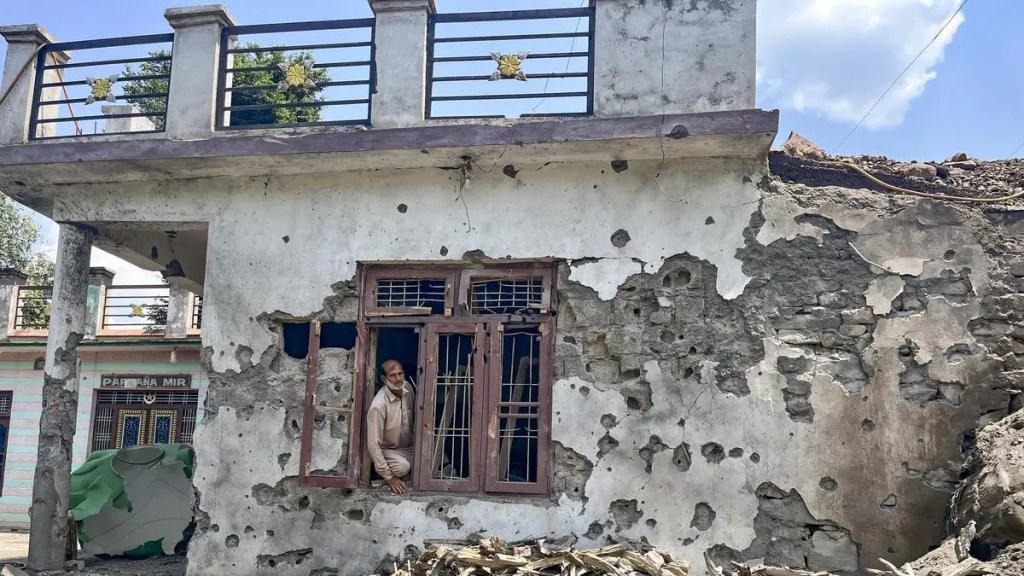In a recent interview, Pakistan‘s senior journalist Nijam Sethi contradicted Islamabad’s version of the Indo-Pak conflict. He claimed that Pakistan urged the US President Donald Trump to push for a ceasefire.
The candid account of Islamabad’s behind‑the‑scenes efforts during the intense four‑day military standoff with India in May underlined Pakistan’s gratitude toward Trump for allegedly halting the bloodshed—an appreciation he claims India did not extend. “We have been thanking Trump for this initiative. India didn’t do the same. Trump kept saying he brokered a ceasefire,” Sethi was quoted by Moneycontrol.
Pakistan has since touted the outcome as a diplomatic victory. Government figures elevated their military brass and even nominated Trump for the Nobel Peace Prize in recognition of his reported role in the truce. Sethi’s comments “It was always an attempt from our end to keep a relationship going with Trump. And we have been successful. We tried from all ends … a lot of lobbying companies were operating. It was a concerted effort,” is a testament to that sentiment.
Debunking Pakistan’s narrative around the India-Pak conflict Sethi’s comments came at a time when New Delhi is strongly asserting Trump’s absence in the cessation efforts. PM Modi and his administration continues to assert that the ceasefire was orchestrated directly by the Deputy General Officers of Military Operations (DGMOs) of both nations, without third‑party involvement .
Sethi’s revelations challenge Pakistan’s public narrative of a unilateral victory, exposing a more nuanced reality characterized by high‑level diplomacy, lobbying, and reliance on U.S. engagement, undermining claims that the conflict’s end was purely Islamabad’s triumph.
